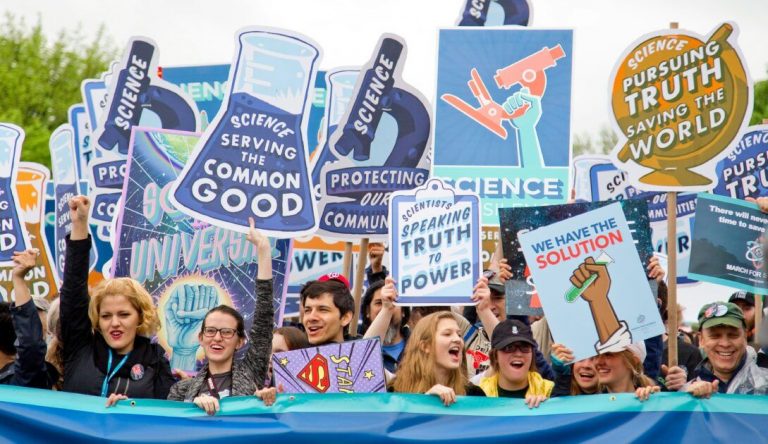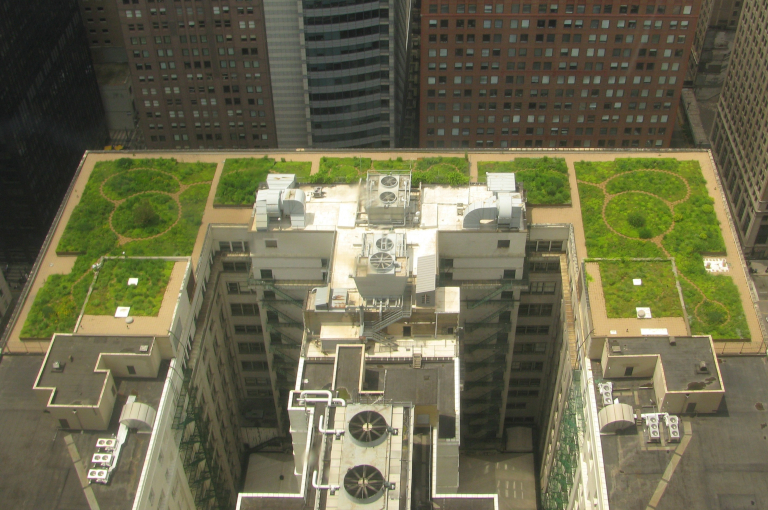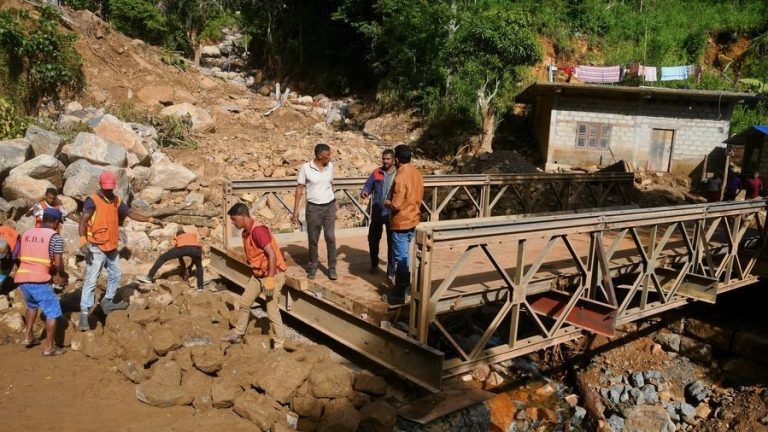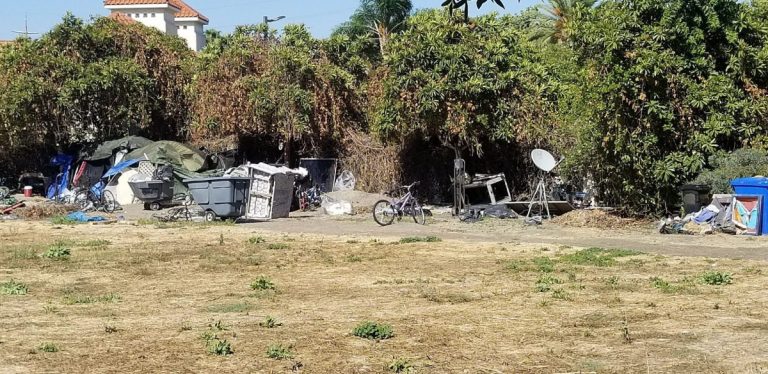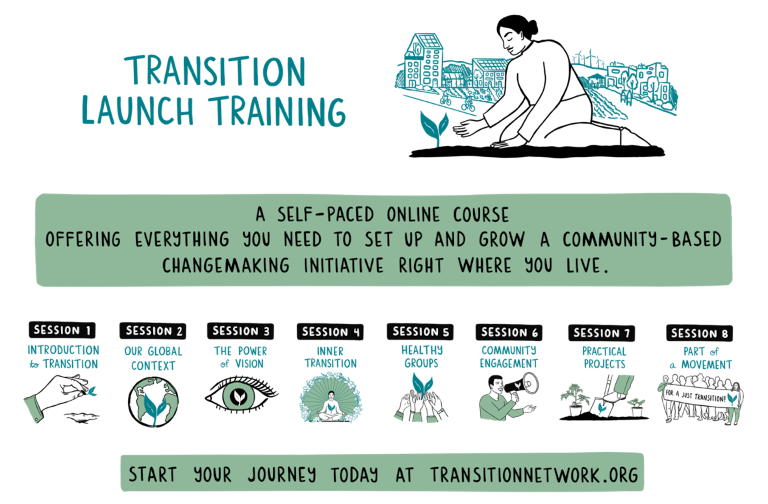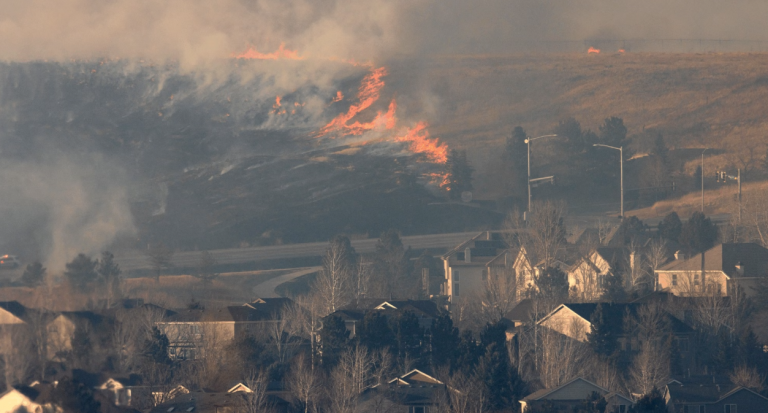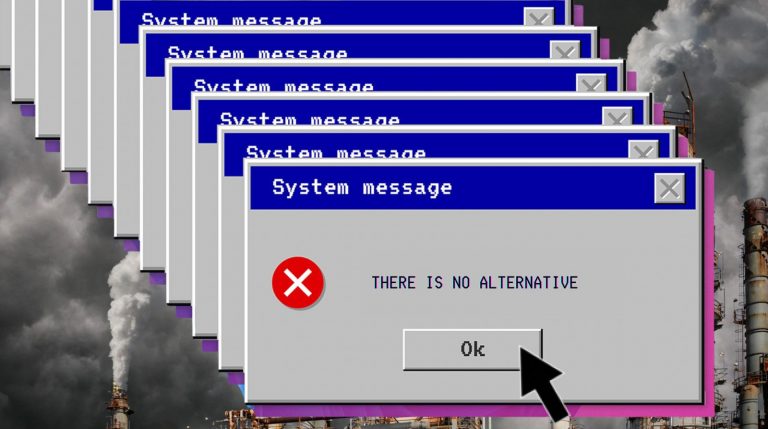America’s Loss Of Science And Loss Of Virtue
The Trump administration has issued a death warrant for science. This kills one of America’s greatest most productive avenues to GDP growth. Simple-minded people are determining the future course of the country. After all, science is foundational to America’s economy.
This legacy for America is destined to be the antithesis of what’s found in the writings of Marcus Aurelius’ world-famous notebooks, filled with words of wisdom about leading an honorable life, Meditations, one of the world’s great pieces of literature by one of the wisest minds of the ancient world Marcus Aurelius Antoninus (121-180 CE) the 16th emperor of Rome collected thoughts in notebooks, now considered one of the most important Stoic texts of all time and common text for America’s universities today.

